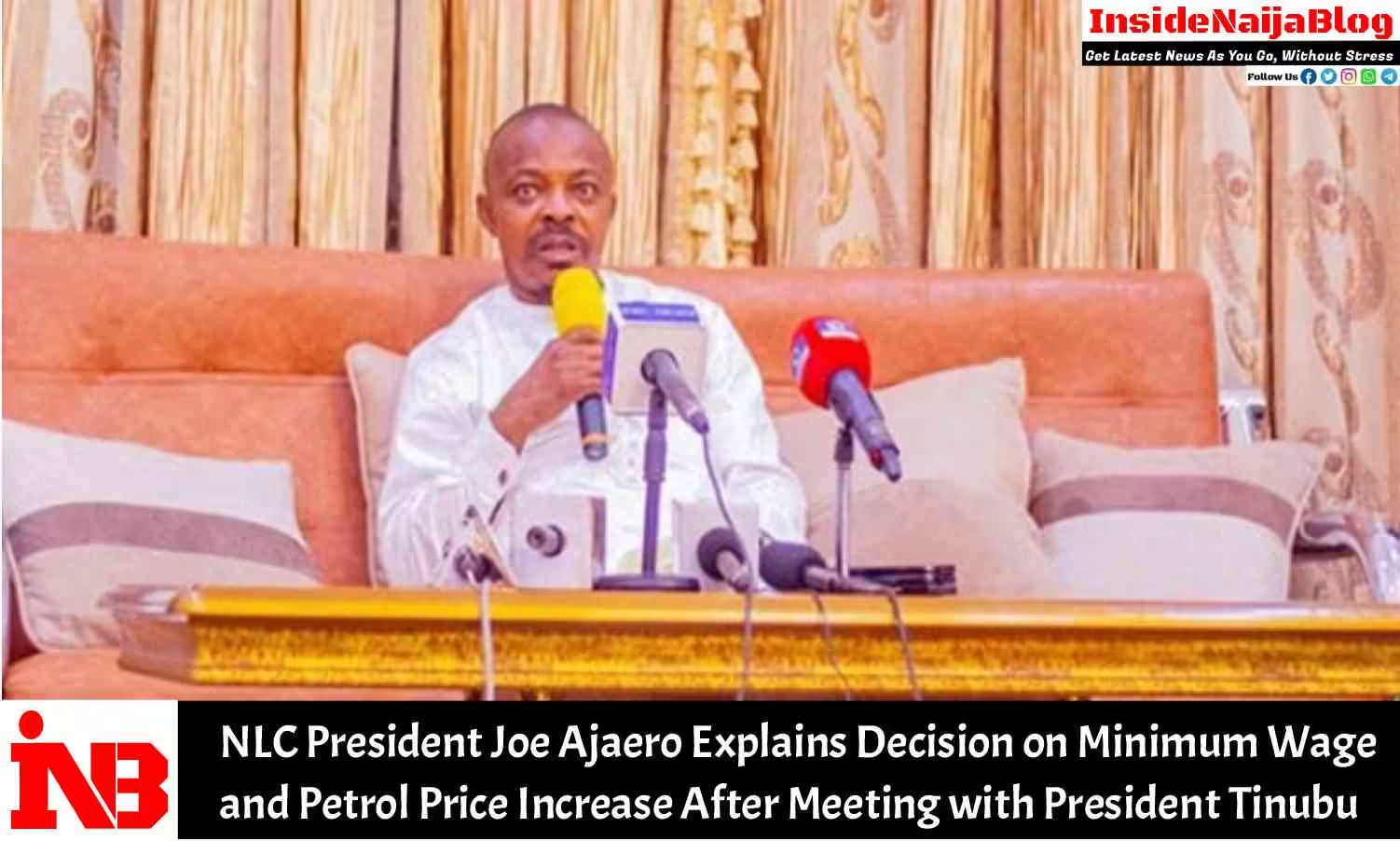The Senate has temporarily stopped deliberating on the tax reform bills sent by President Bola Tinubu following mounting criticism and intense public pressure. This decision came after key discussions between Senate leaders and the Presidency to address disagreements stirring political tensions.
Widespread Pushback from Northern Leaders
One of the strongest oppositions to the tax reform bills came from Northern leaders, notably led by Senator Ali Ndume. Key figures such as Governors Babagana Zulum of Borno, Sule Abdullahi of Nasarawa, the Northern Elders Forum (NEF), and the National Economic Council (NEC), chaired by Vice President Kashim Shettima, also called for broader consultations. They argued that more dialogue was necessary to ensure the reforms reflected national interests.
Senate’s Change of Course
In response to mounting pressure, the Senate halted further legislative activities on the tax reform bills. A 10-member committee was formed to engage with the Attorney General of the Federation (AGF) and the Minister of Justice to resolve contentious aspects. This decision was confirmed by Senator Jibrin Barau, the Deputy Senate President, during a plenary session.
Senator Abbah Moro will lead the committee, joined by notable lawmakers such as Adamu Aliero, Orji Kalu, Seriake Dickson, Titus Zam, Abdullahi Yahaya, Adeola Olamilekan, Sani Musa, and Adetokunbo Abiru. The focus is to address problematic clauses and seek compromise solutions.
Senate Leadership’s Stance
Senator Barau emphasized the Senate’s role as a stabilizing force in challenging times. He noted that the legislative body has always prioritized national unity and progress, stating that senators were committed to supporting reforms that benefit Nigerians.
“The Senate comprises men and women of wisdom and experience. We must legislate for peace, stability, and development,” Barau said. He highlighted the need to avoid exacerbating the nation’s current economic difficulties and stressed collaboration between the Senate, the executive, and the judiciary.
Key Points of Conflict
The controversy centers around the derivation formula for Value Added Tax (VAT) and concerns about a “hidden agenda” due to the rapid pace of the bills’ introduction. The four tax reform bills include:
- Nigeria Tax Bill 2024: Outlining a fiscal framework for taxation.
- Tax Administration Bill: Creating a legal framework for tax management.
- Nigeria Revenue Service Establishment Bill: Replacing the Federal Inland Revenue Service.
- Joint Revenue Board Establishment Bill: Setting up a tax tribunal and ombudsman.
Critics argue that the timing and haste of these reforms suggest ulterior motives. In contrast, supporters believe they are necessary for modernizing Nigeria’s tax system.
Calls for Wider Consultation
The Labour Party (LP) and other political stakeholders praised the Senate’s decision to suspend deliberations. Obiora Ifoh, LP’s National Publicity Secretary, stated that democracy thrives on consultation and dialogue.
“The Senate’s pause is wise, given the public interest and concerns raised. It’s essential to engage Nigerians and educate them about these bills before moving forward,” Ifoh said.
The Coalition of United Political Parties (CUPP) echoed these sentiments, emphasizing the importance of transparency and inclusivity. CUPP’s National Secretary, Chief Peter Ameh, said that legislative processes should reflect the views of all stakeholders, ensuring fairness and equity.
Oyedele Defends Reforms
Taiwo Oyedele, Chairman of the Presidential Committee on Tax Policy, expressed disappointment over the resistance, particularly from states the reforms were designed to protect. He noted that VAT is consumption-based, meaning all states would benefit under the proposed system.
Oyedele explained that the reforms align with the Constitution, particularly concerning revenue sharing and tax derivation. “VAT derivation is different from crude oil; every state consumes and should benefit,” he said.
The suspension of legislative action on the tax reform bills underscores the Senate’s commitment to national unity and democratic processes. With ongoing consultations and debates, Nigerians can expect further discussions that prioritize inclusivity, fairness, and economic progress.




